April 14, 2023
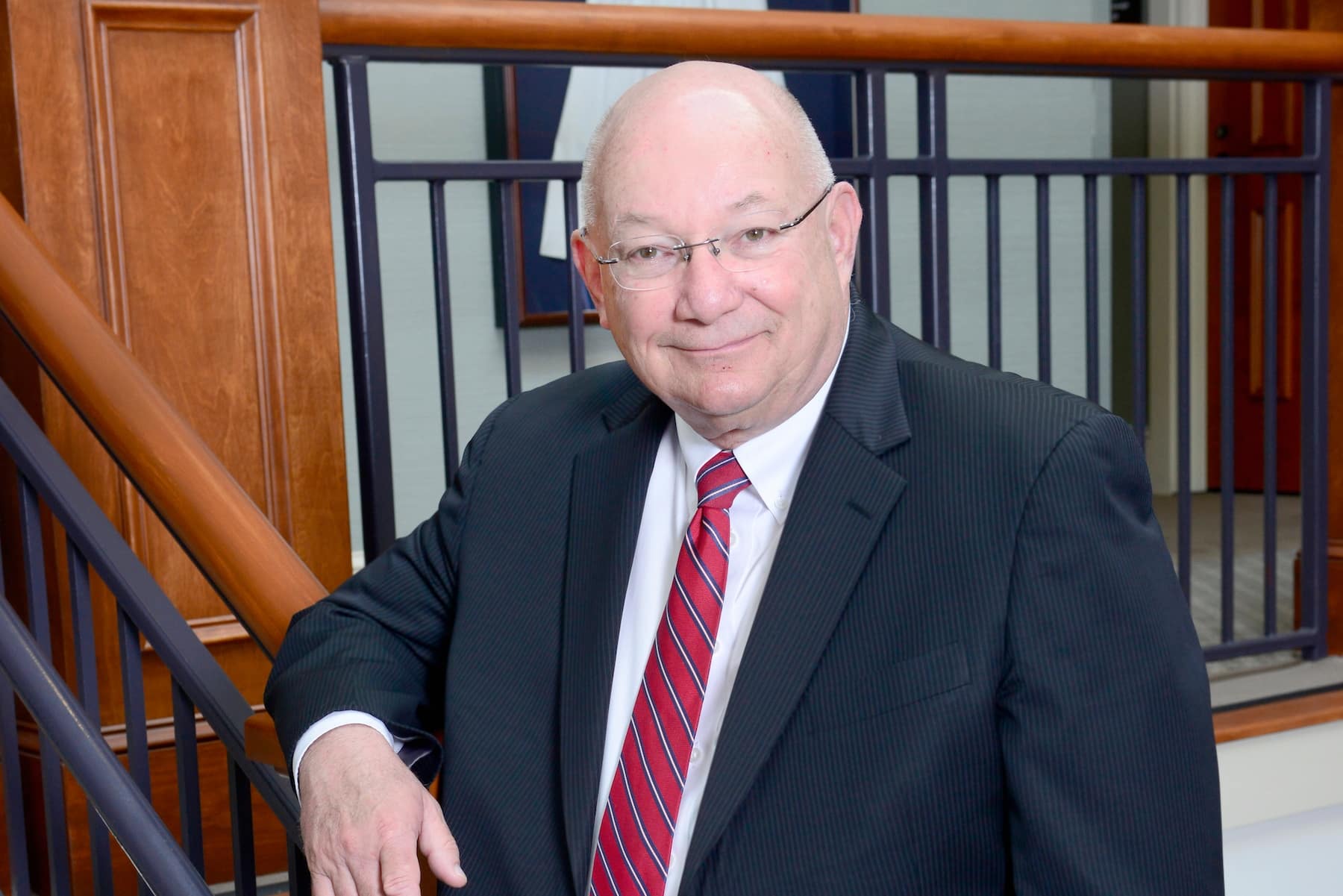
Letter from the President
Letter from the President
By President Luther F. Carter | March 2023 | FMU Focus Magazine Spring 2023
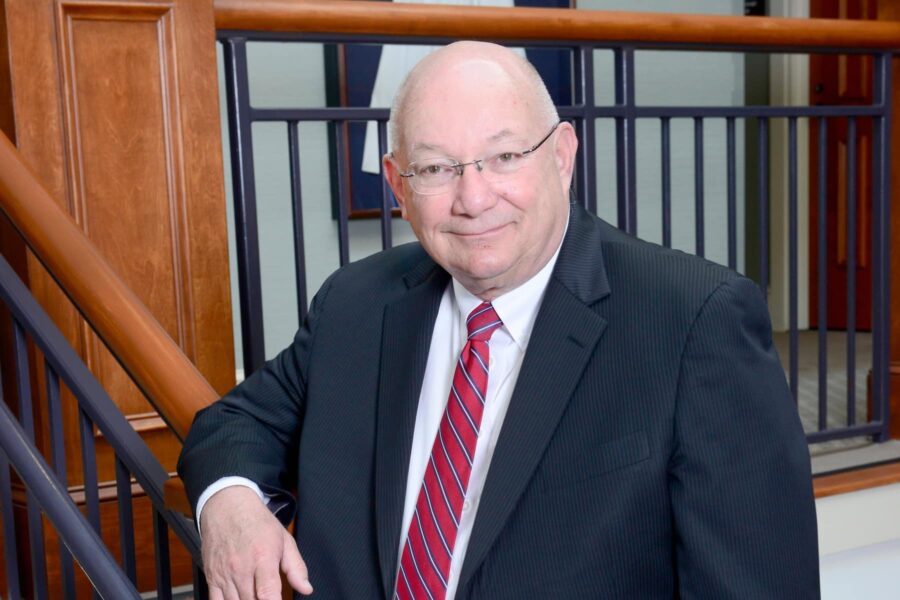
All organizations undergo change periodically, and the measure of a resilient organization is its adaptability to necessary change. This is especially true for universities.
That is where we find ourselves today with FMU. After years of planning and hard work, the university has arrived at a good place, but a different place from where it was 25 years ago. It is poised for decades of growth and progress in the years ahead while retaining core values so essential for defining our academic excellence. The coming years will see a cascade of new programs and new construction that will fundamentally change, in a very positive way, what we do, while continuing to remind us who we are – a community of scholars.
With this future clearly on the horizon, it is time to fine-tune the structure of the senior staff to accommodate it.
The University has recently implemented a series of changes to better prepare us for the years ahead. This new structure, replete with new roles, and a new face or two, will give us the administrative expertise we’ll need in the years ahead. Here’s a look at what we’ve done and some of the people who will help lead us forward:
- Darryl Bridges is the university’s executive vice president. This is a new position at FMU, one that’s needed to allow better coordination of the many projects the senior staff is asked to manage. All the vice presidents at the university will continue to report directly to the president, but Darryl will be tasked with coordinating certain projects across departmental and divisional lines as needed. If the position is new, the man who is filling it is not. Darryl Bridges has served FMU for more than 25 years in a variety of roles, most recently as vice president for finance and facilities. He has proven his competency across four different departments and in three different vice presidencies, and has been the model of a loyal and faithful servant of the university. I could not ask for a better person to take over this important role at this critical juncture.
- Dr. Alissa Warters is the university’s new provost. She replaces our good friend Peter King, who is retiring this spring. Alissa is a brilliant political scientist and professor who has proven herself to be a capable administrator. She is a strong supporter of FMU’s proud tradition of shared governance between faculty and administration and was a logical choice to follow Dr. King as the university’s chief academic officer. I know she’ll do well.
- Dr. John Rowan will replace Dr. Warters as the vice president for enrollment management. He comes to FMU after five years as provost and vice chancellor for academic affairs at the University of Louisiana Alexandria. Dr. Rowan was selected as a finalist during FMU’s last search for provost. He impressed the administrative staff, the search committee, and virtually everyone who had the chance to meet him. John received both his undergraduate degree and his doctorate from the University of Virginia. He will bring initiative, energy, and intellect to his new position.
- With Darryl Bridges taking on additional responsibilities as our first executive VP, it was clear that FMU needed additional senior level representation in the critical areas under his management. Promoting Ralph Davis to vice president for construction and facilities made perfect sense. Ralph, a Navy veteran and FMU grad, has served the university well for almost 20 years. His calm demeanor and positive attitude have been a boon to FMU’s facility maintenance areas for a long time. He will bring great knowledge and maturity to his new role.
This new organization will enhance the university’s ability to manage its future growth and advancement. At the same time, it reinforces our long-time values. We are looking to expand our capabilities without expanding the size of the senior staff in a major way — that’s how a well-run university can keep its tuition frozen for five straight years. We’re developing our own leaders and augmenting them, when needed, with new people who fit our style and culture.
These are important changes, and changes that allow us to operate more efficaciously.
They are also changes that prepare us for an exciting future that is, frankly, already here.
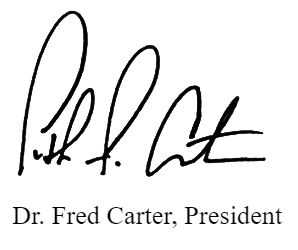
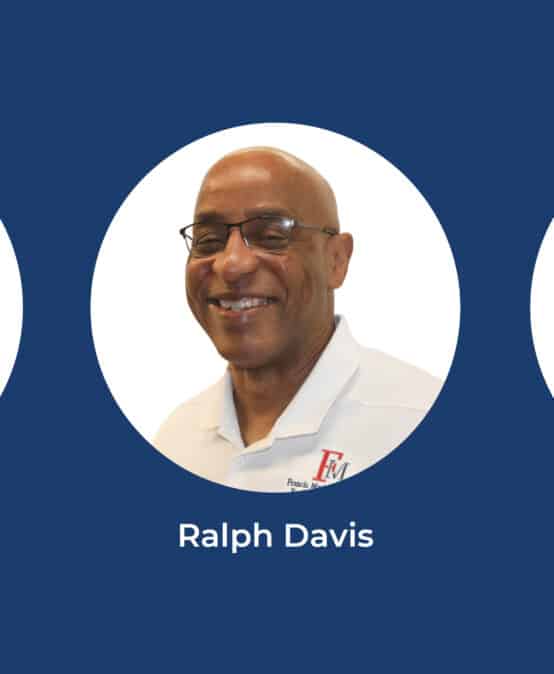
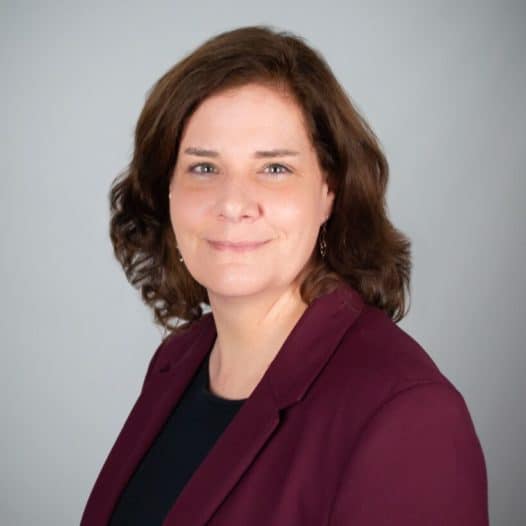
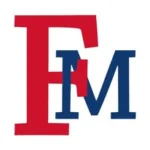











 :
: 



